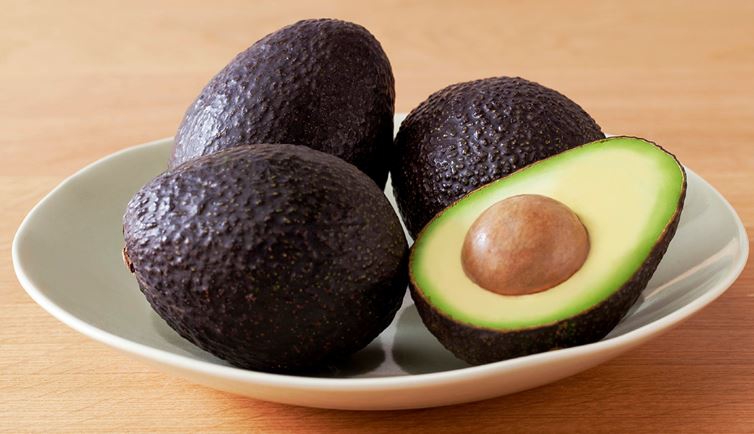×
The Standard e-Paper
Fearless, Trusted News

Many smallholder farmers start off and manage their agribusiness ventures through trial and error basis. They hit the ground with gusto with no concrete information on farming, which leads to costly blunders. But hopefully that problem is being solved.
KALRO (Kenya Agricultural & Livestock Research Organisation) has launched 14 agribusiness apps to help farmers make informed choices even as they undertake their agribusiness ventures.